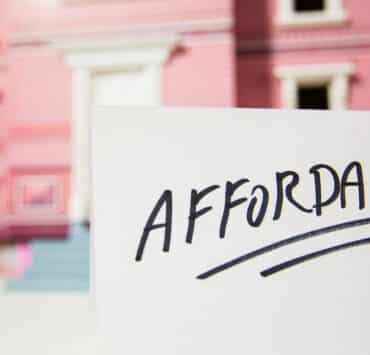The American middle class is facing an unprecedented challenge: the dream of homeownership is slipping away. Amid skyrocketing mortgage rates and spiking home prices, approximately 75% of homes are now out of reach for middle-class households, making the middle class crushed by housing crisis. This dynamic, driven by a cocktail of economic factors, represents a critical threat to the traditional avenue of wealth-building and stability for millions of Americans.
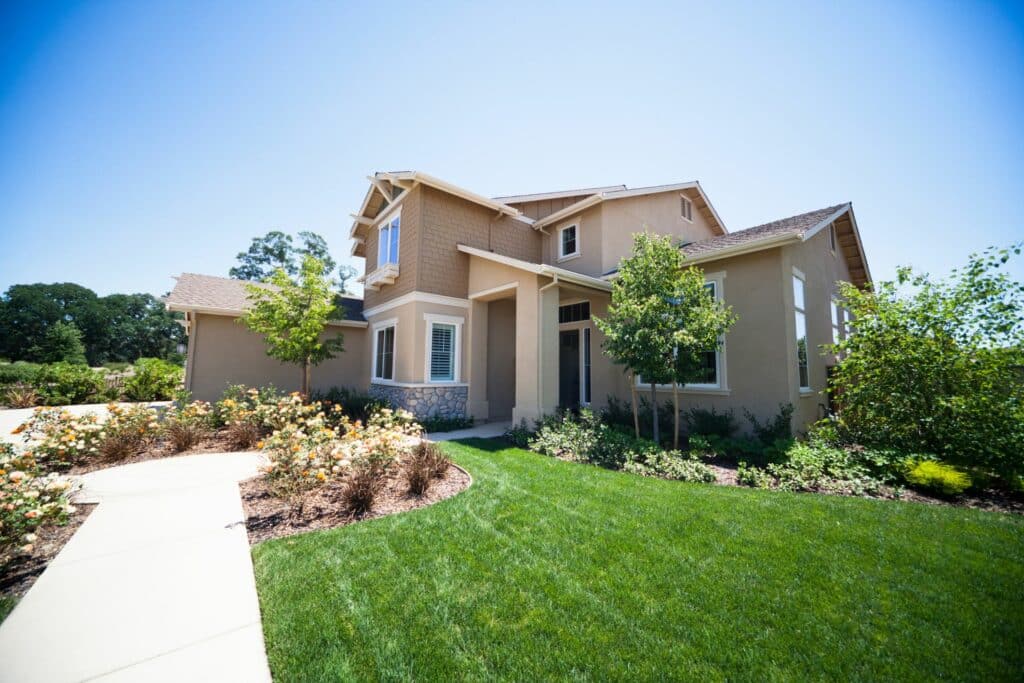
The Current State of Affordability
High Mortgage Rates and Price Surge
Interest rates on home loans have been at their peak since the early 2000s, hovering around 7%. This increase, a response to combat inflation, has coupled with a limited supply of homes due to underbuilding and sellers holding off the market to maintain low rates. The resultant effect? A housing market where buying a home is the most expensive it’s been this century.
Impact on Middle-Class Wealth Building
Homeownership has long been seen as a key to financial stability and intergenerational wealth. However, the current market conditions are pushing this cornerstone of the American dream out of reach for many. With down payments and monthly mortgages reaching exorbitant levels, the gap between homeowners and renters in terms of wealth accumulation is widening.
The Human Element: Real Stories, Real Struggles

Danny Young’s Experience
Danny Young from Culver City, California, personifies the middle-class struggle in the current market. Despite earning a decent income, the soaring cost of housing coupled with job instability makes homeownership a risky endeavor.
Emily Johnson’s Challenge
Similarly, Emily Johnson, a schoolteacher in Austin, Texas, faces her own set of challenges. Earning a modest salary, she finds herself priced out of a housing market where even modest homes exceed her budget. With housing costs outpacing her income, Emily’s dream of buying a home seems increasingly unattainable, a sentiment echoed by many in her community.
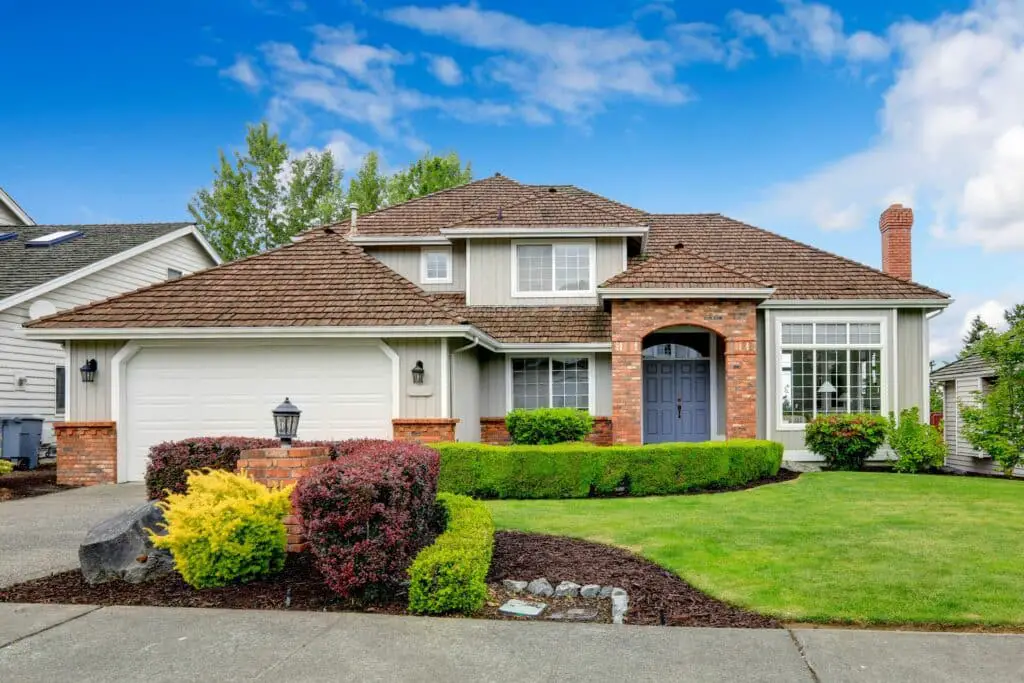
The Economic Outlook
Market Analysis and Predictions: Experts from J.P. Morgan and other financial institutions point to a complex set of challenges prolonging the housing affordability crisis. From high home prices outstripping the growth in incomes to the impact of aggressive interest rate hikes, the path to resolving this crisis is fraught with uncertainties.
Solutions and Strategies
A Path Forward: Addressing the crisis requires a multifaceted approach. Rising incomes, innovative housing policies, and market corrections might offer some relief. The resilience of new home sales, offering more affordable options, presents a silver lining. However, the timeline for a significant change remains uncertain, with estimates suggesting 3.5 years for a return to average affordability levels under current conditions.

Conclusion: Middle Class Crushed By Housing Crisis
The American middle class stands at a pivotal moment. The crushing impact of the housing crisis is not just about numbers and market trends; it’s about the dreams and aspirations of millions. As the nation grapples with these challenges, the path forward must be carved with careful consideration, innovative solutions, and a commitment to ensuring that the cornerstone of the American dream – homeownership – remains accessible to all.
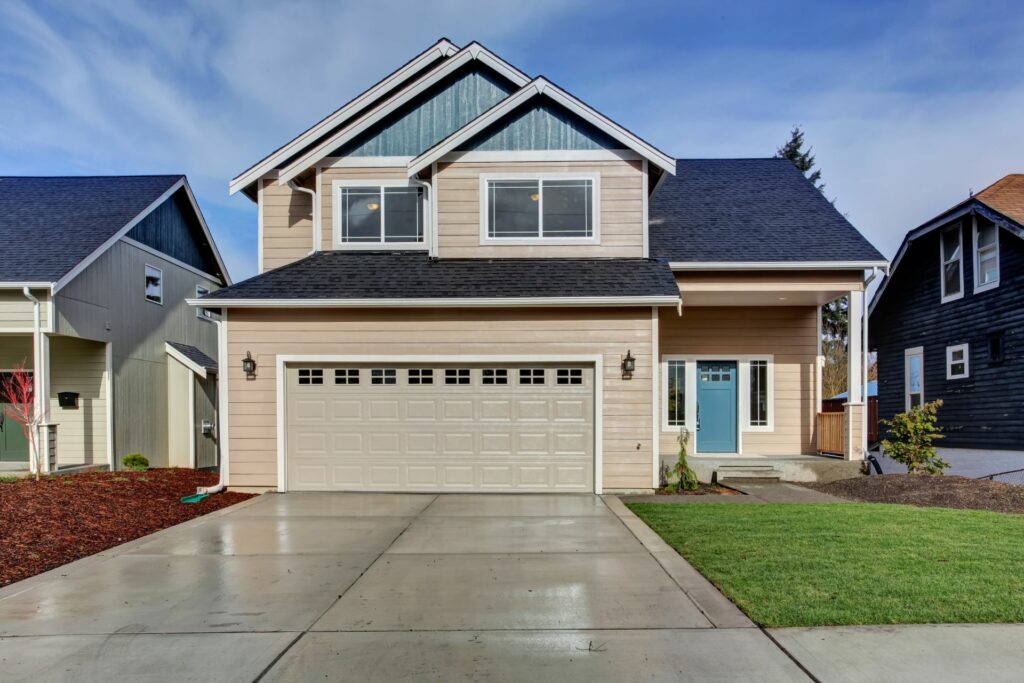
FAQ Section
Why is homeownership important for the middle class?
Homeownership is traditionally viewed as a primary means of wealth accumulation and stability, offering a platform for future generations.
What factors are contributing to the current housing crisis?
A combination of high mortgage rates, underbuilding, and economic policies aimed at combating inflation has led to a spike in home prices and a decrease in affordability.
How long might it take for the housing market to become more affordable?
Estimates suggest around 3.5 years for a return to average affordability levels, assuming current economic conditions persist.
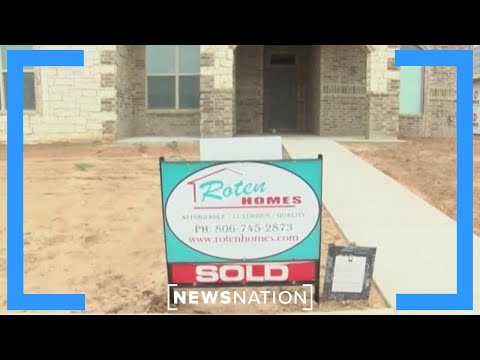
Related posts:
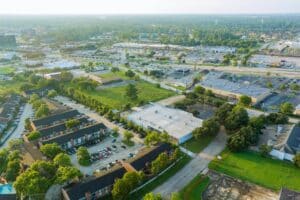 Increase in US Home Construction in 2023 Signals Robust Market Recovery
Increase in US Home Construction in 2023 Signals Robust Market Recovery
 Increased Housing Confidence Brightens 2024, But Buying a Home Still Tough
Increased Housing Confidence Brightens 2024, But Buying a Home Still Tough
 Canada Bans Foreign Homeownership Until 2027 to Help People Afford Homes
Canada Bans Foreign Homeownership Until 2027 to Help People Afford Homes
 Housing Market Crash in 2024: Unpacking the Truth Behind Rising Concerns
Housing Market Crash in 2024: Unpacking the Truth Behind Rising Concerns
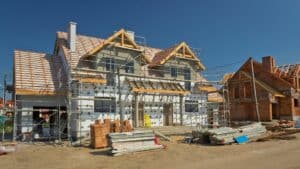 New Construction Homes Sales Increase in 2024: A Look into the Rising Trend
New Construction Homes Sales Increase in 2024: A Look into the Rising Trend


